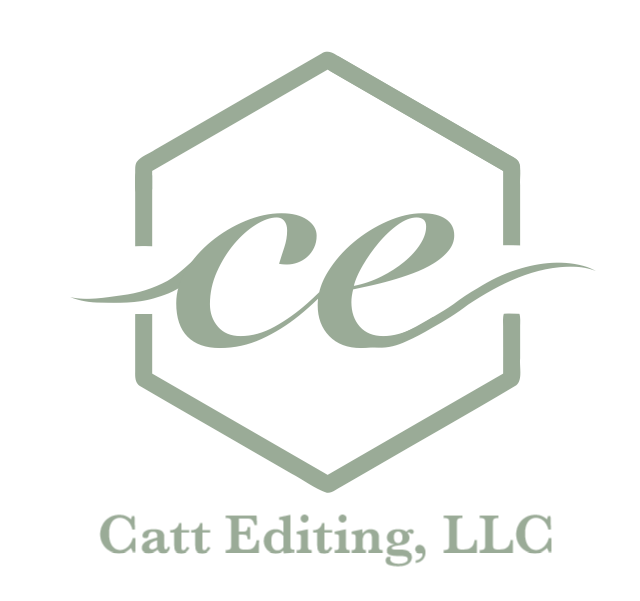3 Questions to Consider Before Drafting a Nonfiction Book
I know you’re probably eager to get started writing your nonfiction book (either memoir or self-help), but you need a plan first. It will be worth it to take the time now and figure out the answers to three big questions before you start writing. If you’ve already started writing or you have a first draft, you can answer these questions now and let that guide your self-editing.
Let’s get into it! What three things do we need to consider before drafting a nonfiction book?
1. What genre am I writing?
This seems pretty basic, but it’s important to ask yourself this at the beginning because this changes lots of things: the way you write, the way you organize, the focus of your chapters and stories, and tons of other things.
There are several differences between memoirs and self-help books, so it’s important to know what you’re writing before you actually do it. Check out this blog post to learn about the differences between memoir and self-help.
2. Who am I writing to?
Your audience is really important when it comes to how you word what you’re going to say. You’re going to use different language if you’re writing to elementary-school children or college-age people or retired people. Obviously. You’re also going to focus on different things depending on your audience.
For example, let’s say I’m writing a book about ways to organize your closet. If I’m writing to elementary-school children, I’m probably going to focus on the difference between items of clothing more than anything because they’re still learning that. I might spend some time going through the different colors in case they want to organize by color. In the part where I talk about organizing by season, I’ll talk about how you wear jackets and long-sleeve shirts in winter, and tank tops and shorts in summer.
Now use the same example for a college-age audience. Here, I’m writing to people who hopefully know their colors by now, and they probably know which clothes are for summer and which are for winter. So I can gloss over all of that and move onto their real issue: how to organize their new closet in a tiny dorm room when they were used to have a regular-sized closet at home. This is a different problem from what the little kids have, so I’m going to be writing a very different book.
It's the same thing for memoir. If you’re writing about your near-death experience, you might be writing that story a little differently depending on who’s supposed to read this story.
Note: If you’re thinking, Well, I’m writing to everyone, so this doesn’t apply, read this blog post. You shouldn’t be. Everyone might read it, but you’re not writing for everyone.
3. What’s the point?
I come across this unanswered question a lot when developmental editing—mostly in memoirs. When it comes to self-help, it’s normally pretty clear to the author why they’re writing: they want to teach the reader something, and they’re going to spend this book going through exactly how to do that thing. Great. Memoir is a little trickier.
Just telling us entertaining stories isn’t going to cut it. I’m bored, and there’s no reason for me to keep reading. What’s the point? What should I be learning from this? What did you learn?
Read this blog post all about this to know why this is important and how to find the point of your book.
If you can answer all three of those questions before you start writing, you’re going to have a really strong book on your hands before editing even begins!
If you need help answering any of these questions, look into hiring a book coach to help you. And if you already wrote your book and you’re now realizing you don’t know the answers to all three of these, that’s okay! Developmental editing can help!
